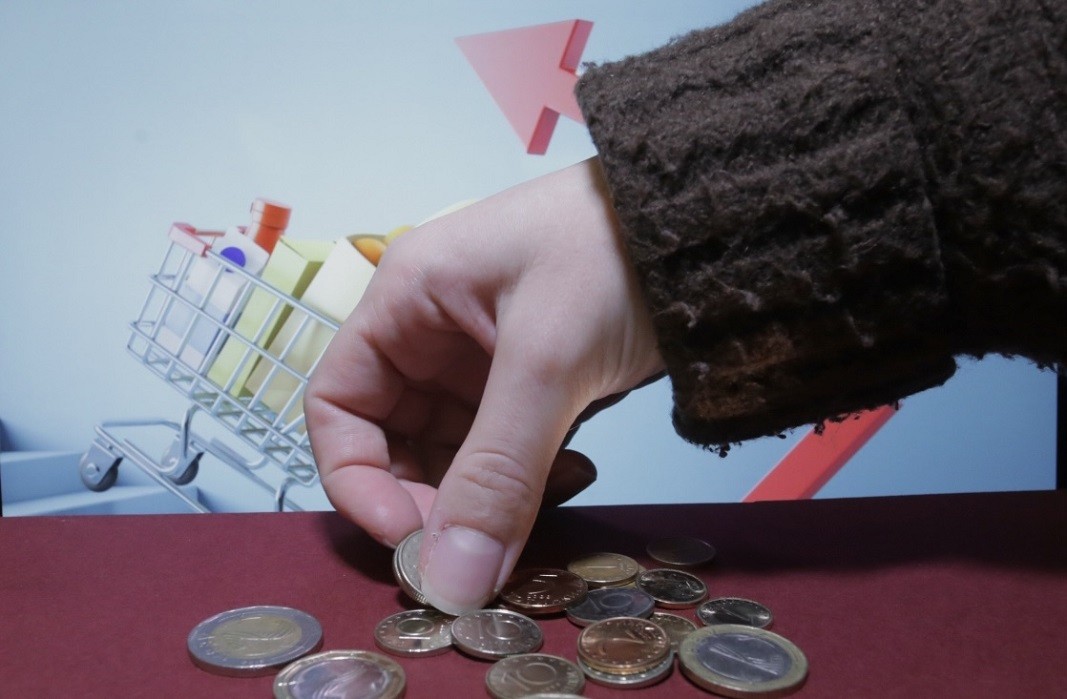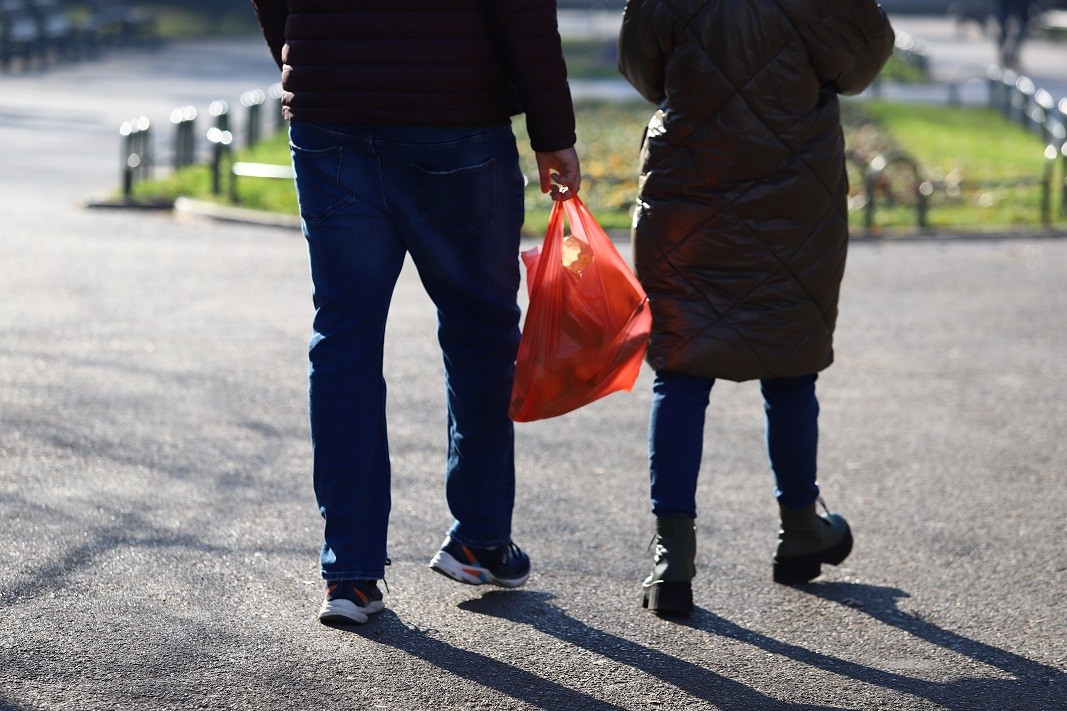Just 11% of Bulgarians managed to save some money last year, according to a study by the "Trend" research center. 39 percent said they lived normally, but without being able to make any savings. 19% had to use money from their savings to cover their expenses and 27% resorted to loans and credits. According to the study, the worsening financial situation of people in this country is caused by three main reasons: the higher price of food products, the rise in the cost of energy, and inflation.
In the first quarter of 2022, the number of bank deposits declined by more than 360,000 and citizens continued to close their smaller accounts en masse, the research revealed. This is caused by the impoverishment of the population since 2020 as a result of the health and economic crises, Trend commented. An analysis by the CITUB shows that 2/3 of all savings accounts store small amounts of up to BGN 2,500 (about 1260 euros). In fact, when would a working person in Bulgaria be able to make savings?
"Inflation has reduced the income of many people, especially those at the lower end of the income structure, and this does not allow them to save money,” Adrian Nikolov of the Institute for Market Economy says about the current situation. "At the same time, the share of quick loans, including non-performing ones, has been growing, which means that more and more people are unable to cover their daily and weekly expenses with their salary."

Vladimir Georgiev, director of a bank in the northwestern Bulgarian city of Vidin draws a more optimistic picture:
"From what I see, the trend is neither positive nor negative. Some of the people who saved some funds over the years bought properties. There is no mass withdrawal or spending of money, so there is no change in deposits.”
The banker adds that customers prefer to keep their savings in euros because of its expected adoption as the official currency in this country. But since Bulgaria’s entry into the Eurozone has not escaped the usual dose of conspiracy theories circulating in society, economist Adrian Nikolov warns of a possible upcoming phenomenon:
"Eurozone membership might become a signal for spending, as there is a theory, not particularly supported by any real facts, that our accession will lead to high inflation and a rapid rise in prices,” he says. “This will most likely push many people to get rid of their cash savings, fearing that they would be quickly devalued, despite experts' expectations that prices will remain the same with the adoption of the euro."
in the beginning of the New Year, citizens, entrepreneurs, and politicians are looking for an answer to the same question regarding financial well-being - will 2023 be more stable?
"The more Europe diversifies its sources of natural gas and oil, the more it increases its security,” Adrian Nikolov says. “This is currently the big focus of our trading partners - diversification, breaking relations with Russia and generating energy security. Political instability and unclear key budget parameters are an additional source of economic uncertainty in this country. Otherwise, the overall situation looks rather optimistic, but we have to keep in mind these possible pitfalls.”

According to the forecasts of international financial institutions and the BNB, 2023 will be marked by lower inflation, but also by a decline in GDP. Can we expect a breath of fresh air or continuing financial difficulties?
"I would define 2023 as a year of stabilization, but not of big growth,” economist Rumen Galabinov says. “I'm expecting rather modest GDP growth but the hope is for inflation to calm down. It would be good for each of us to think about increasing our incomes and about opportunities for additional income, as the current processes will continue this year. If we didn't face another pandemic wave and the war in Ukraine stopped, we would achieve a good balance."
Text: Diana Tsankova (based on interviews by Plamen Kotsev and Yordanka Petrova of BNR-Vidin)
English: Al. Markov
Photos: BGNES
In the next 12 months, the Bulgarian business needs about 262,000 workers and specialists , according to a study by the Employment Agency. This is nearly 9.3% of the currently employed. Compared to the results in 2023, there is a..
There will be pilot testing of ground-based silver iodide generators for hail protection in two zones where the use of rockets is not allowed, the Deputy Minister of Agriculture Ivan Kapitanov said. At a meeting with Claude Berthet,..
The German economy has been shrinking and the government expects a decline of 0.2% of GDP. Some of the main reasons for this include unresolved structural problems related to lack of energy security, excessive bureaucracy and shortage..

+359 2 9336 661
